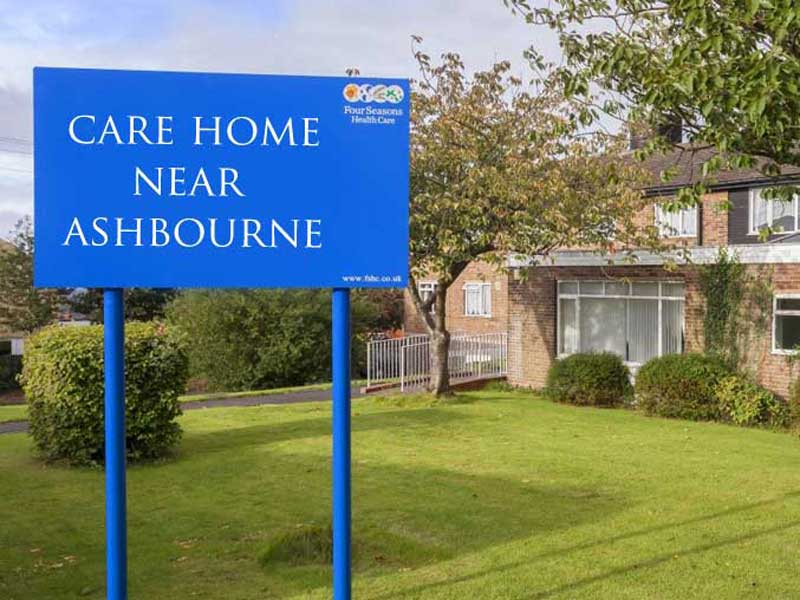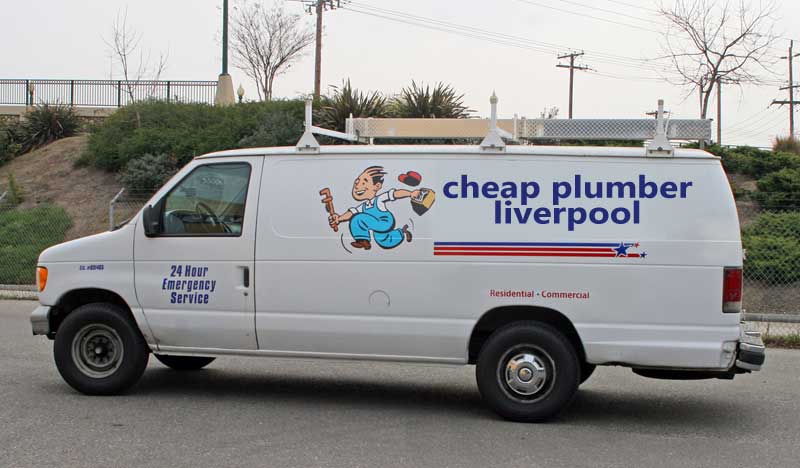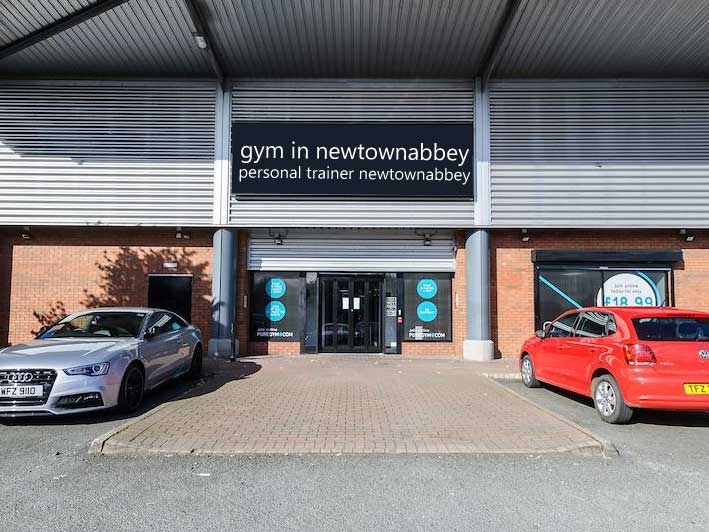What if companies were named purely to rank better in search engines? We did a little bit of light Photoshopping to show you what the world might look like had Google not rolled out its EMD update.
















Whether we like it or not, we’re all affected by Google’s ranking factors. A few years ago, anyone could register an Exact Match Domain (EMD) like bestplumberbrighton.co.uk and rank overly well for that search term despite not meeting the other quality criteria search engines like Google are looking for, like backlinks and quality content.
Google announced a change in 2012 to supposedly penalise EMDs and soon lots of sites were dropping out of the search results.
However, EMDs haven’t left us completely and Google is woolly about how it determines whether or not your EMD is a legitimate business or you’re trying to gain an advantage. For example, the website www.cheapflights.co.uk is a genuine business but it’s also an EMD. Cheap Flights are one of the big boys but surely lots of real companies with EMD-style names but poor websites were also hit. Is a poor website a sign of a poor service? Highly likely, if you’re a search engine but not in the real world. Studies show that keyword-based domains rank 11% higher on average compared to branded domains, so there’s still incentive to register an EMD for your business.
We still see websites that rank well with exact match domains, so they’re not gone for good. However what the EMD update has done is killed the rush to register company names and domain names purely with the aim of gaming search engines. And that’s a good thing because if the EMD update hadn’t been introduced, our world would look more and more like the images below.
Here at The Content Works, much as we love Google, we love these company names even more: Spruce Springclean, Floral & Hardy and Great Head. Long live creative business names!
If you liked this article, why not share it with your friends?